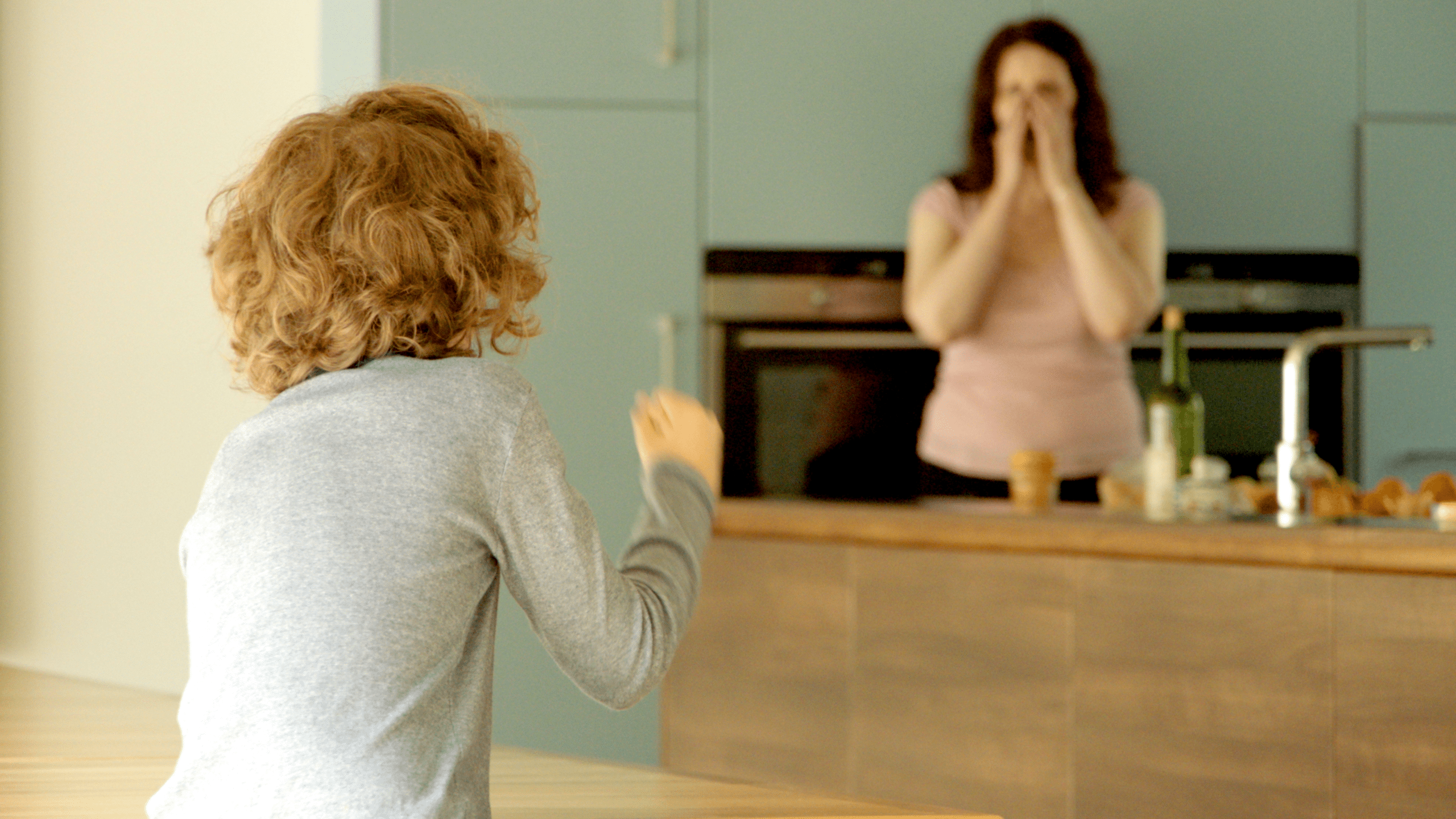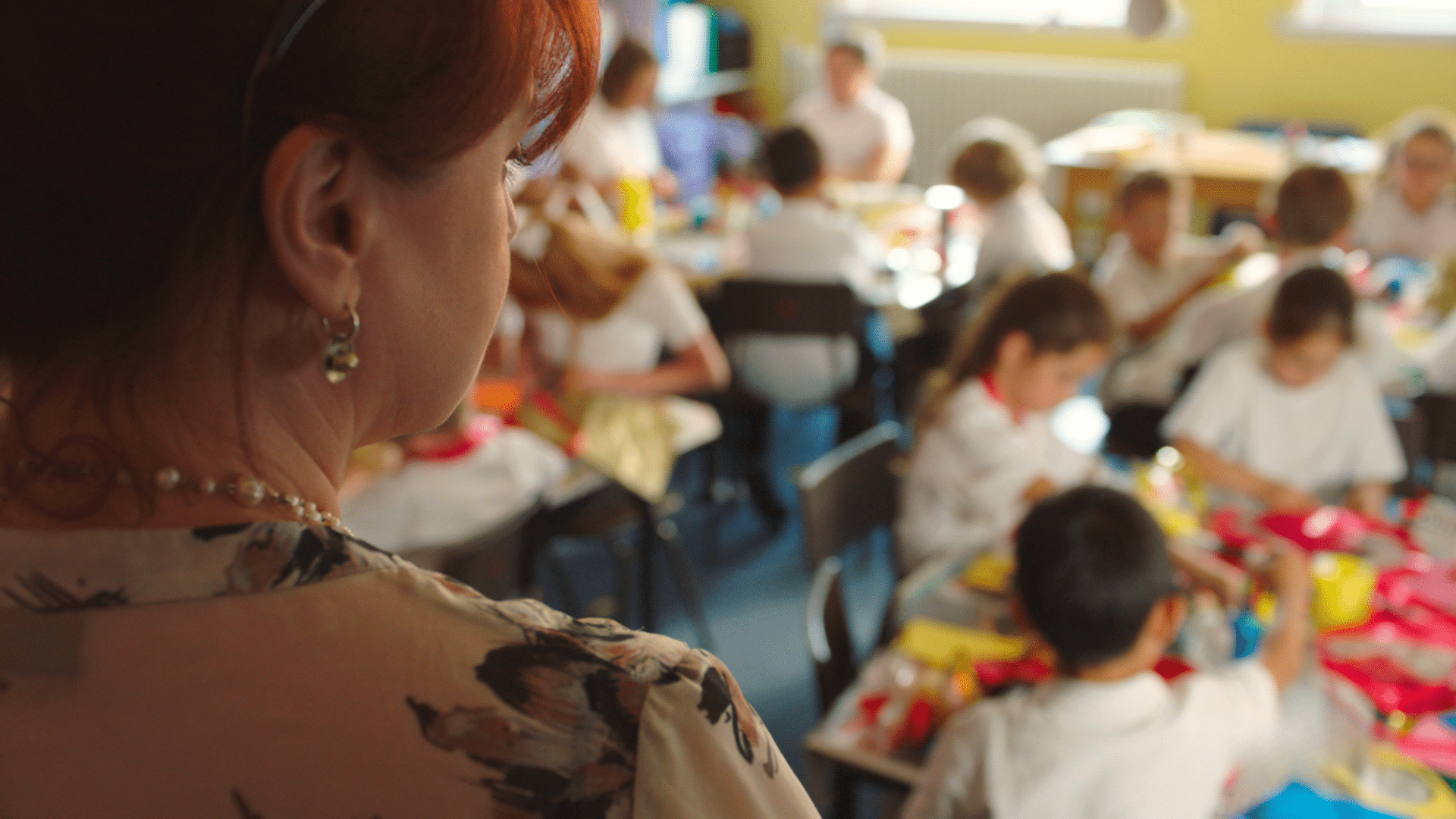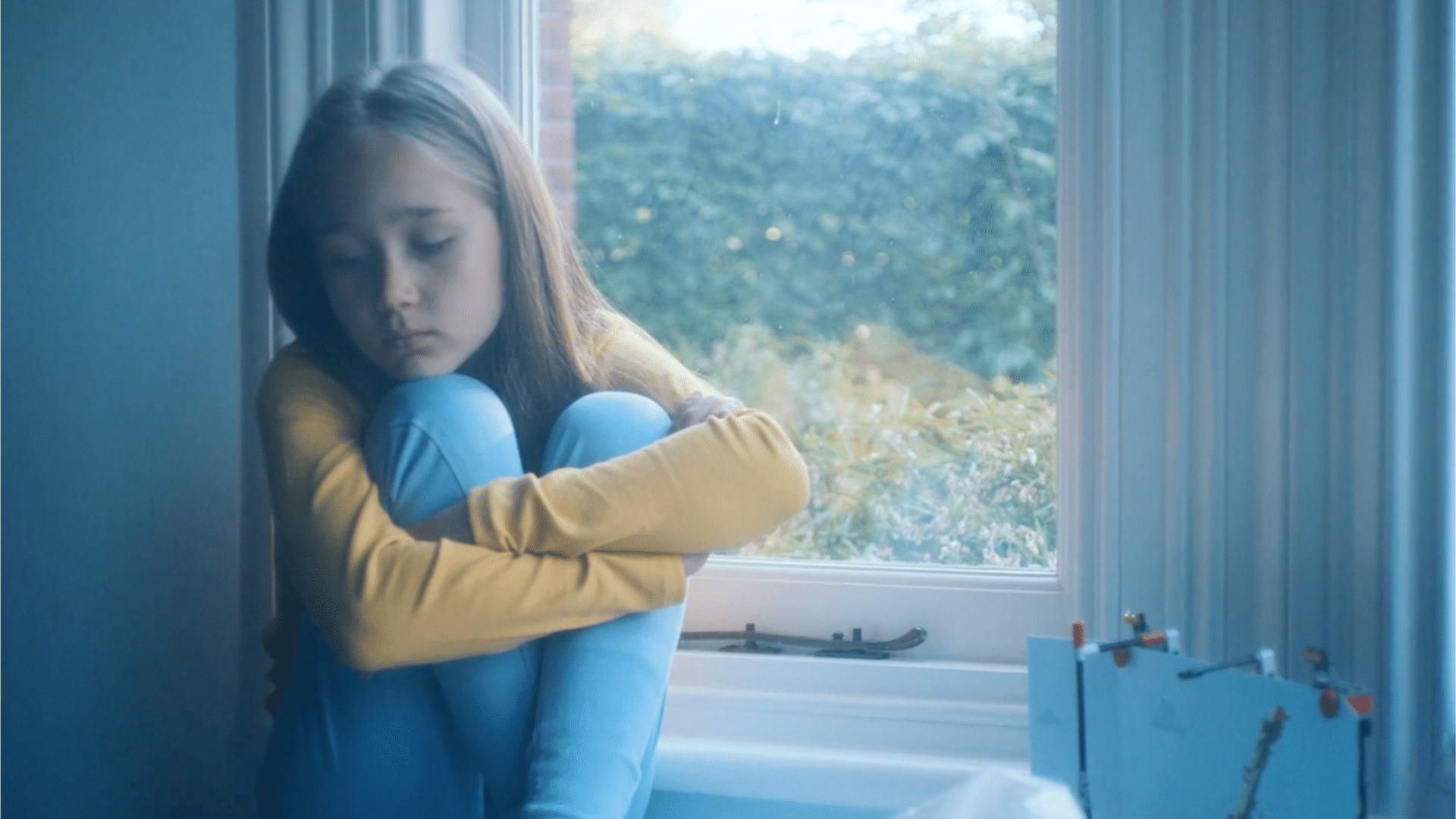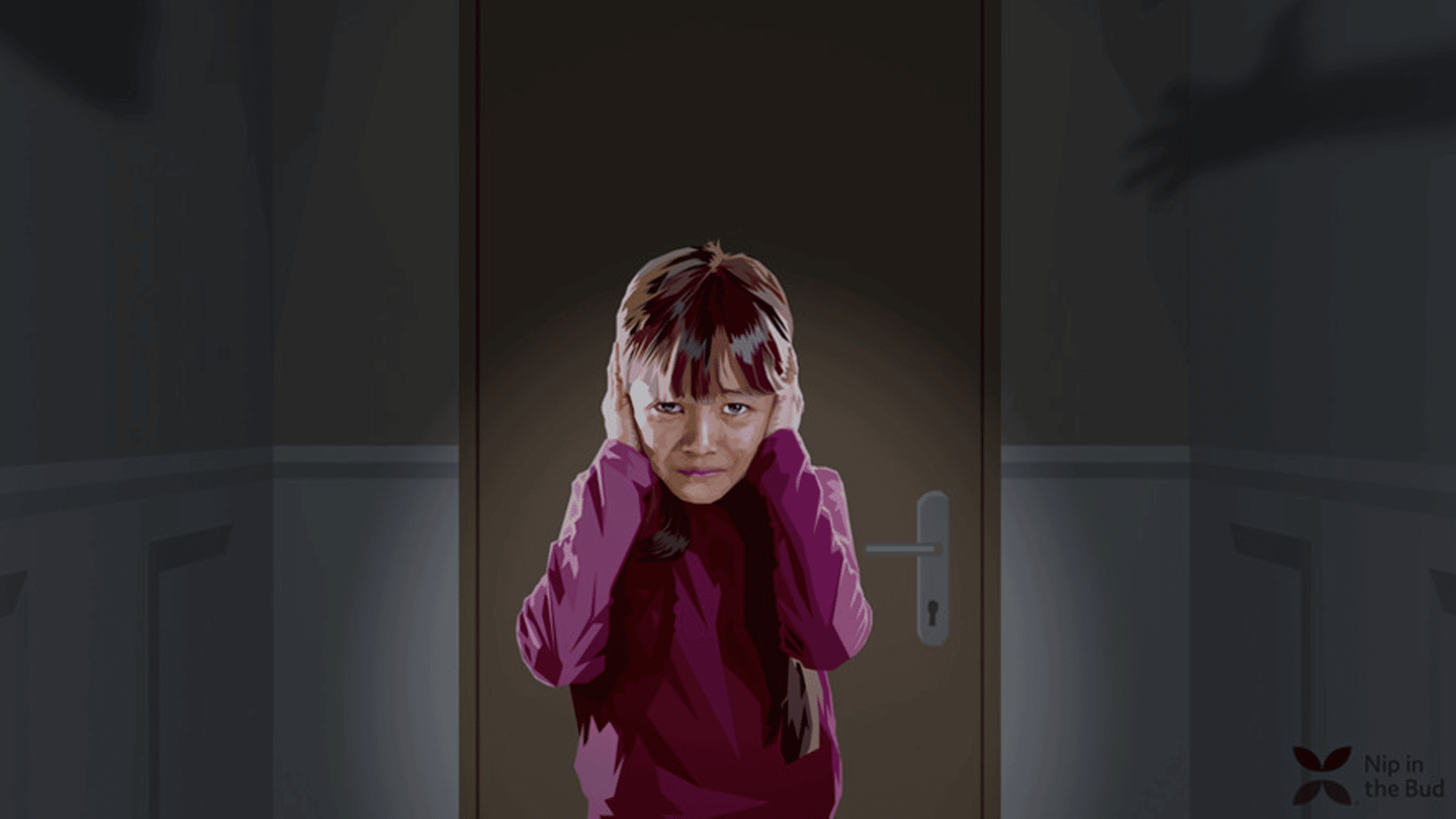
Oppositional Defiant Disorder (ODD) is the main type of Conduct Disorder in children aged ten years and under. It is characterised by repetitive and persistent patterns of antisocial, aggressive or defiant behaviour that is more frequent and severe than other children of their age.
Key symptoms of ODD
Children with ODD may display a few of these symptoms, in varying degrees of severity:
- Frequent or severe temper tantrums
- Arguing with adults
- Actively defying or refusing adults’ requests or rules
- Deliberately doing things that annoy other people
- Blaming others for their own mistakes or misbehaviour
- Touchy or easily annoyed by others
- Seeming angry or resentful.
- Seeming spiteful or vindictive
Of course, all children will misbehave or act out at times. But children with Oppositional Defiant Disorder will display these symptoms regularly and more severely than most children.
Many children with ODD also have at least one other mental health problem, particularly Attention Deficit Hyperactivity Disorder (ADHD). A significant minority may have an anxiety disorder or depression, though this is often missed due to the focus on behaviour problems.
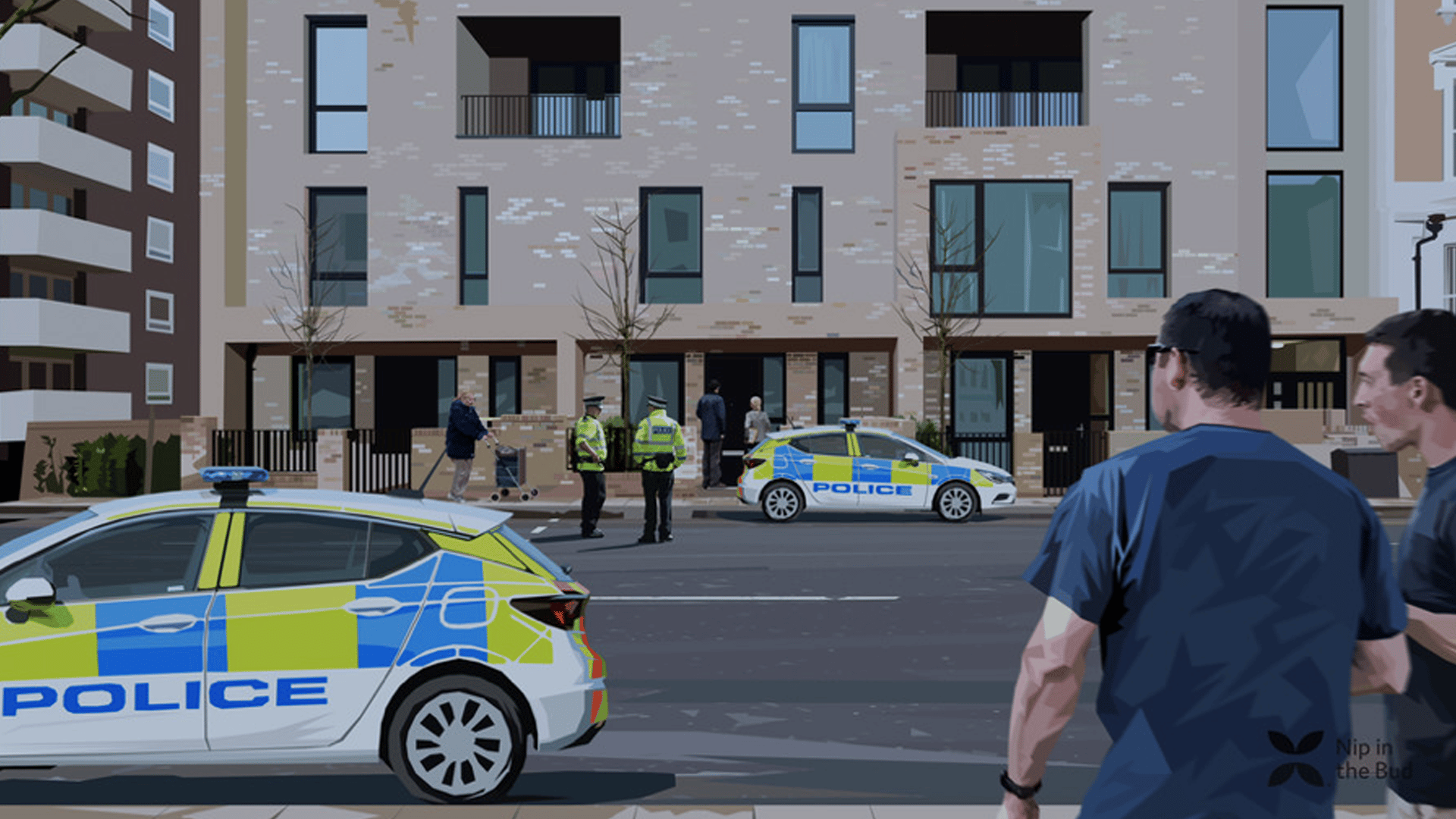
Risk factors for developing ODD
Children are at higher risk of developing Oppositional Defiant Disorder when they experience a harsh and inconsistent parenting style or are exposed to parental mental health difficulties. Experiences of poverty and being involved with child protection services can also increase a child’s risk of developing ODD.
Children with low educational attainment and the presence of other mental health problems are more likely to meet criteria for conduct disorders such as ODD.
Where to seek help
Many children show challenging behaviour at times, but when this becomes much more frequent and severe than other children their age, or it’s having a big impact on the household, or on the child’s ability to engage in education or make and keep friendships, then it can be useful to seek help.
The GP or school Special Educational Needs Coordinator (SENCO) can help by making a referral to the local child and adolescent mental health service (such as CAMHS) or another appropriate local support service.
Want to learn more? Watch our information video or view this real life account of what it’s like to raise a child with ODD.

